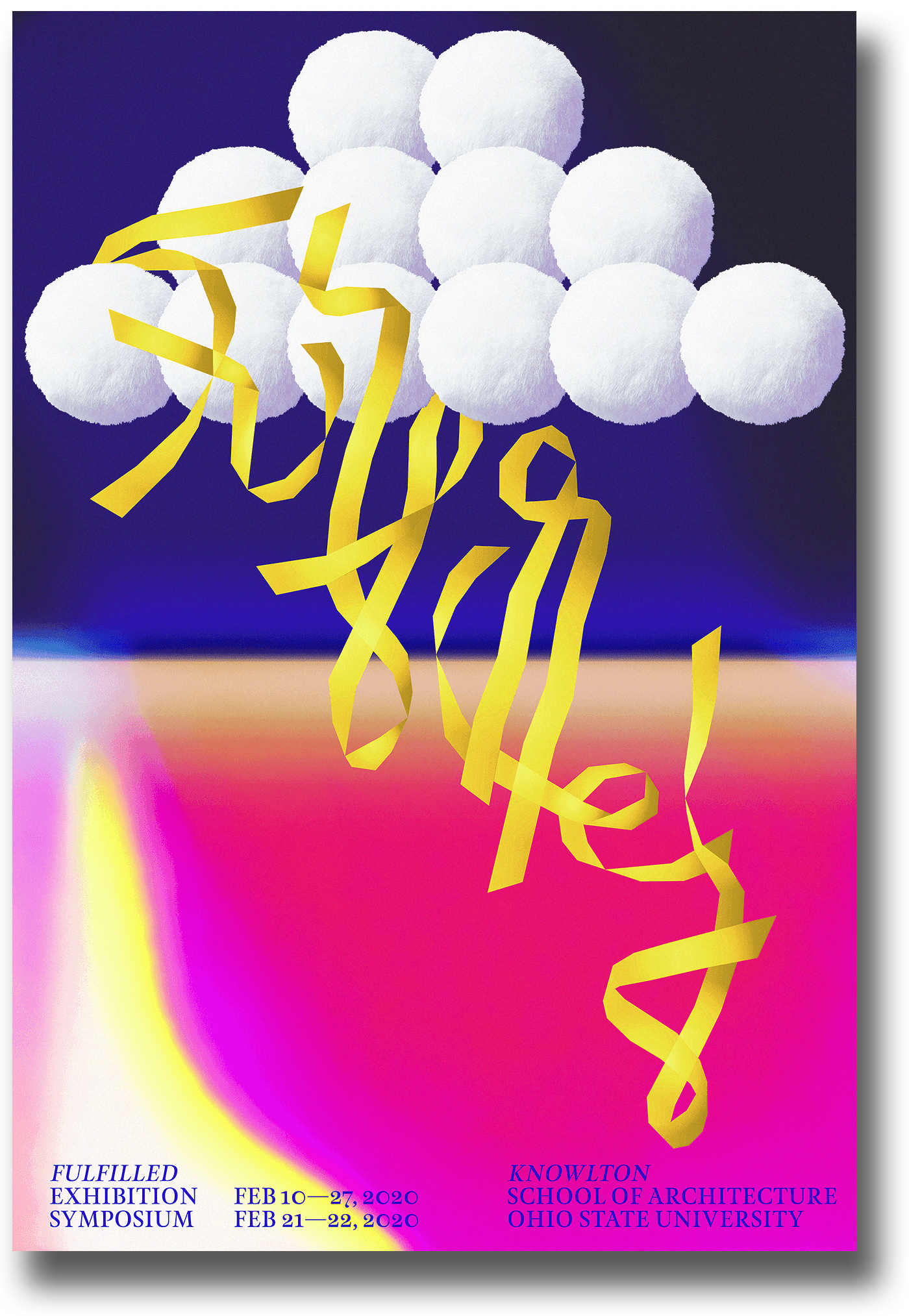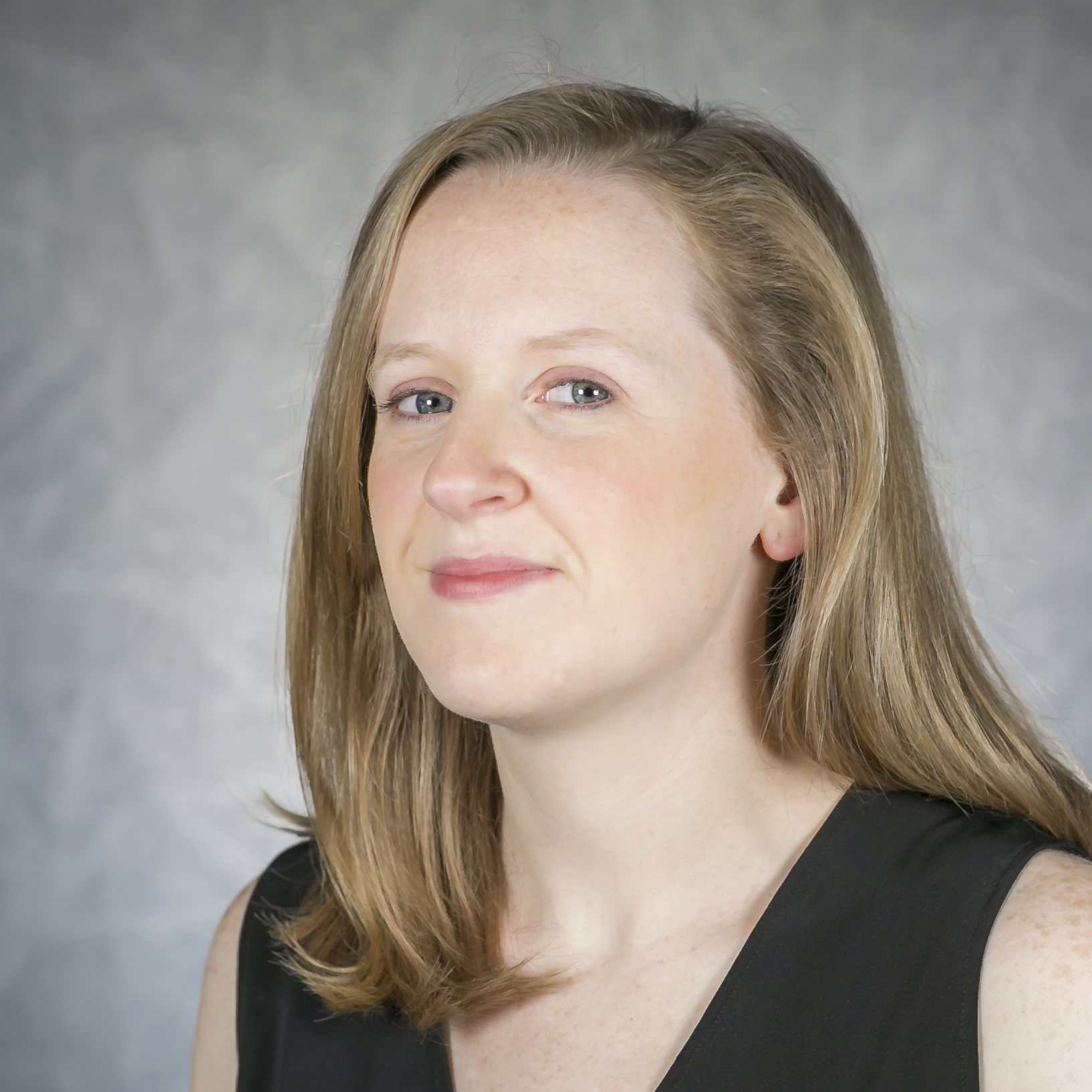
What does it mean to be fulfilled?
An upcoming exhibition and symposium at The Ohio State University will examine the role of architecture in a culture shaped by the excessive manufacture and assuagement of desire through three lenses: material, logistical and cultural fulfillment.
Fulfilled Exhibition:
Feb. 10-27, 2020
Knowlton School of Architecture
Banvard Gallery
Fulfilled Symposium:
Feb. 21-22, 2020
Knowlton School of Architecture
Gui Auditorium, KN 250
All Knowlton School of Architecture events are free and open to the public.
As a symposium and exhibition, Fulfilled will consider the role of architecture in a culture shaped by the excessive manufacture and assuagement of desire. This event examines architecture through three main themes of fulfillment: material, logistical, and cultural. Material fulfillment will explore the use of materials as elements of global capital, finite resources and aesthetic artifacts. Logistical fulfillment will present designs informed by global logistical networks and distribution environments. Cultural fulfillment will examine the architecture of desire through the proliferation of desirable objects from spoons to cities.
From political mapping and questions of labor to digital and physical storage typologies, contemporary architects are learning from and critically working within an architecture of fulfillment. Their interests and approaches span from the material and environmental shortcomings of global logistics to the formal, representational, and cultural potentials of a culture of excess. Fulfillment networks are not invisible systems, they are tangible objects—warehouses, suburban houses, parking lots, cardboard boxes, shopping malls, mechanical systems, shipping containers, etc. While many of these materials are mass produced and standardized across political contexts, their use and inevitable reuse, is culturally specific.
Fulfillment is a social, typological, formal, aesthetic, and economic practice constructed collectively through both digital and physical interactions. Fulfillment is much more than it’s physical objects known as ‘the internet of things’. It is a cultural practice which evolves like a language, both universally transferable and contextually specific. This symposium aims to draw out these new arrangements, sticky relationships and material byproducts of cultural production in the age of fulfillment; and to ask once again the age-old question, “What does it mean to be fulfilled?”
Fulfilled is generously supported by the Knowlton School of Architecture, Ohio State’s Institute for Materials Research, Ohio State’s Global Arts + Humanities Discovery Theme, and IKEA.
Fulfilled Symposium schedule – Feb. 21 & 22
Friday, Feb. 21
5:30 p.m. Keynote Lecture by Keith Krumwiede
7 p.m. Exhibition Reception at Banvard Gallery, Knowlton Hall
Saturday, Feb. 22
10 a.m. Introduction by Ashley Bigham
Logistical Fulfillment
10:30 a.m. Jesse LeCavalier
10:50 a.m. Laida Aguirre
11:10 a.m. Curtis Roth
11:30 a.m. Panel Discussion
noon Break
Material Fulfillment
1 p.m. Ang Li
1:20 p.m. Miles Gertler
1:40 p.m. Michelle Chang
2 p.m. Ashley Bigham
2:20 p.m. Panel Discussion
Cultural Fulfillment
3 p.m. Mira Henry
3:20 p.m. Leigha Dennis
3:40 p.m. Lluís Alexandre Casanovas Blanco
4 p.m. Cristina Goberna Pesudo
4:20 p.m. Panel Discussion
5 p.m. Symposium Response with Ana Miljački
 Ashley Bigham
Ashley Bigham
Ashley Bigham is an Assistant Professor of Architecture at the Knowlton School and co-director of Outpost Office. She was the 2015-2016 Walter B. Sanders Fellow at the University of Michigan’s Taubman College of Architecture and Urban Planning. In 2014, Bigham was a Fulbright Research Fellow at the Center for Urban History of East Central Europe in Lviv, Ukraine.
Bigham holds a Master of Architecture from Yale University and a Bachelor of Architecture from the University of Tennessee, where she was awarded the Tau Sigma Delta Bronze Medal for best graduating project. Her design work has been exhibited at the A+D Museum, the University of Michigan, Harvard University GSD, Yale School of Architecture, and Princeton School of Architecture. Her work has been featured in architectural publications including Metropolis, Mark Magazine, Places Journal, PLAT, STUDIO, POOL, and CLOG. Prior to co-founding Outpost Office, Bigham practiced at MOS and Gray Organschi Architecture in New Haven, CT.
Bigham joined Ohio State in 2018 through the university’s Materials and Manufacturing for Sustainability Discovery Theme, operated by the Institute for Materials Research.
